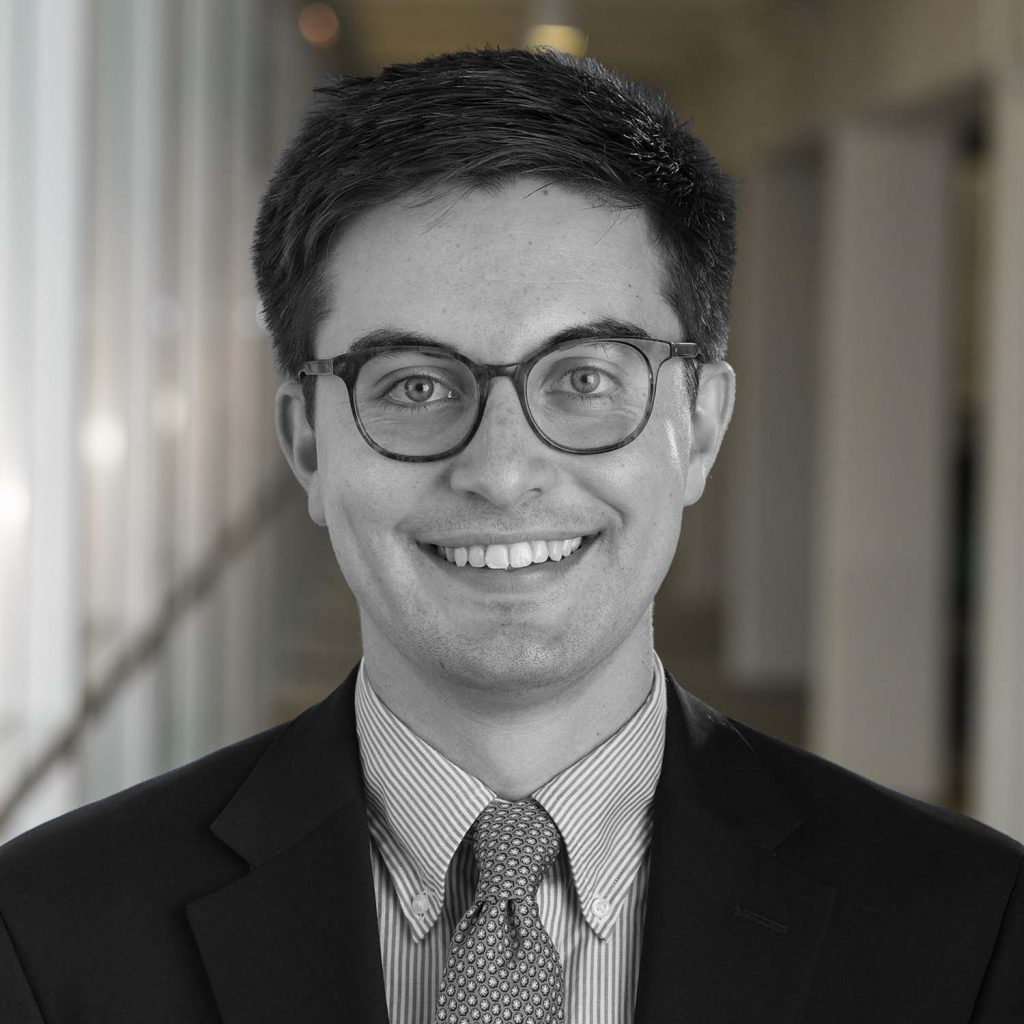2019-2020 Kenan Graduate Fellows Announced
Congratulations to the 2019-2020 Kenan Graduate Fellows!
Read more about the Kenan Graduate Fellowship
Read the Kenan Graduate Fellows blogs
Bobby Bingle

Bobby is a PhD student in the Philosophy department. His research concerns theories of agency, moral responsibility, and their link to the reactive attitudes. He is especially interested in the moral status of anger as a response to wrongdoing. As part of his research, Bobby seeks to address the challenge raised by some philosophers that anger is never a morally appropriate response to injustice. Bobby received a BA in mathematics from Saginaw Valley State University, and an MA in philosophy from Georgia State University.
Danbee Chon

Ajenai Clemmons

Rachel Gevlin

Rachel is a Ph.D. candidate in English as well as a candidate for the certificates in Feminist Studies and College Teaching. Her dissertation, Divorcing the Rake: Male Chastity and the Rise of the Novel, 1753-1857, examines depictions of male sexual conduct in narratives of marital disunion. She argues that the emerging genre of the novel reproduced the gendered biases increasingly practiced in English divorce law, refiguring sexually profligate male characters to make them not only palatable but desirable in ways that the law could not. Before coming to Duke, Rachel earned her B.A. in literature and mathematics from Bennington College and served as a math teacher for the United States Peace Corps in Burkina Faso from 2011 to 2013.
Nathan Hershberger

Nathan is a third year PhD student in Christian Theological Studies (Graduate Program in Religion). His work focuses on the relationship between scripture and ethics in the Christian tradition, particularly around issues of suffering and religious violence. He also has interests in Jewish and Islamic studies. Prior to coming to Duke he volunteered for three years in northern Iraq with a relief and development organization. He has an MA from the University of Virginia and a BA from Eastern Mennonite University.
Alberto La Rosa Rojas

Alberto is a fourth year ThD student at Duke Divinity School, working in the fields of Christian moral and political theology. When he was 10 years old, Alberto emigrated with his family from his hometown of Callao, Peru to Midwestern United States, where he lived until moving to Durham, NC to begin his doctoral work at Duke. His experience as an immigrant informs and drives his doctoral research which aims to give a rich account of the conditions and possibilities for the flourishing of migrants. This entails engaging conflicting cultural, theological, and political assumptions about the human as either fundamentally oriented toward settling and rootedness in a place or as fundamentally oriented toward movement, border-crossing, and mestizaje. Alberto is interested in engaging this conversation by fostering a dialogue between voices from Latin America culture and history, political theory, and Christian theology. Alberto received a MDiv from Western Theological Seminary and a BA from Trinity Christian College in Theology.
Elliot Mamet

Songyao Ren

Songyao is a fourth-year PhD student in the Philosophy department. She holds a BA in journalism and philosophy from the University of Hong Kong and an MA in East Asian Cultures and Languages from Columbia University. Her current research focuses on whether a good life is one with dispassion. In particular, she discusses two models of dispassion, the Stoic one and the Zhuangist one, and examine the ethical outlooks they each reflect.
Hannah Ridge

Hannah is a PhD candidate studying the effect of popular understandings of democracy on support for democratization. Her research focuses on Middle Eastern politics, public opinion on democracy, and religion and politics. She has a master’s degree in Middle Eastern Studies from the University of Chicago.
Elia Romera Figueroa

Elia is a third-year PhD student in Romance Studies (Spanish track). She is also a fellow at the Social Movements Lab (Franklin Humanities Institute). She completed her BA in English and French Language and Cultures at the Universidad Autónoma de Madrid (2014). She was awarded a one-semester stay at the Universidade de Sâo Paulo (Centre for Latin American Studies Award) and a one-semester stay at UMASS Lowell (Convenios Internacionales Award). She holds an MA in Spanish and Latin American Literatures and Cultures from the University of Wyoming (2017). Her dissertation focuses on protest music during the 1960s and ‘70s in the Spanish state. Her research draws on studies in cultural studies, musicology, memory studies and affect theory to gain a framework for understanding the relationship between musical collective practices in repressive contexts and the formation of experiences and narratives of resistance. In particular, she studies the creation of networks of solidarity among singer-songwriters during concerts, collective LPs, and tours. Her approach challenges dominant regionalist and individualistic methods, offering a counter-story about the communities of protest, memory, and affect created among the singers, and among the audience, during the period known as “late Francoism” (1956-1975), and in the “Transition” (1975-1978) to democracy.
Muye Ru

Muye is a PhD candidate in Earth and Ocean Science, Nicholas School of the Environment at Duke University. Her study focuses on the interactions among air quality, climate, and the economic system. She studies the mental health burden related to air pollution, and the associated the morbidity and economic impacts. Muye has finished a Master of Environmental Management from Duke university, and received a BS in Environmental Studies and a BA in Economics from Peking University in China.
Elizabeth Schrader

Elizabeth is a doctoral candidate in Early Christianity in the Graduate Program in Religion. Her research interests include the New Testament Gospels, the Nag Hammadi corpus, Mary Magdalene, textual criticism, and feminist theology. She holds an M.A. and an S.T.M. from the General Theological Seminary of the Episcopal Church. Her work has been published in the Harvard Theological Review and her research has been featured by both the Daily Beast and Religion News Service.
Brian Spisiak

Adam Stanaland

Matthew Stanley

